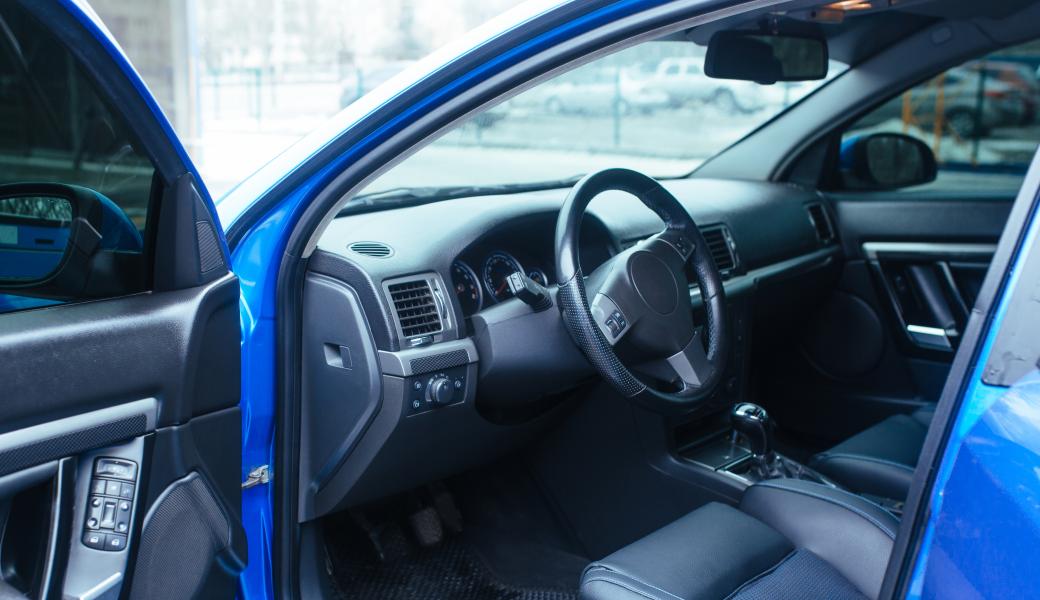Axios: Car Shortage Could Change Buying Behavior Forever

Car dealers' annual year-end sell-a-thons have turned into wait-a-thons for many shoppers unable to find the vehicle they want on dealer lots — but that could be about to change as some companies modernize the way they sell their cars.
Why it matters: Supply chain disruptions could have a silver lining for automakers if Americans can be trained to order the exact car they want — color, features, bells and whistles — and then wait a month or so for it to be delivered.
-
This is how Europeans have been buying cars since World War II, when money and materials were in short supply and factories were struggling to recover.
-
But Americans are accustomed to going to the dealership and driving home in a shiny new car off the lot.
What's happening: Some companies say they plan to capitalize on the inventory crunch to permanently shift to an order-based system, starting with their new lineups of electric vehicles.
-
Ford Motor, for example, is trying a build-to-order scheme with its new Mustang Mach-e, which is in high demand.
-
And Ford is offering a $1,000 discount to customers who pre-order any vehicle.
What they're saying: "You cannot imagine ... how much money we waste by not -- by guessing what our launch mix is for a new product," Ford CEO Jim Farley told investors and analysts in October.
-
A build-to-order model, he says, is a far more efficient way to run the business.
Between the lines: Packing lots with large numbers of cars, trucks and SUVs is a huge drain on profits for both dealers and automakers.
-
Dealers have to cover the cost of financing all those cars sitting around, waiting for a buyer.
-
And automakers usually wind up producing more cars than they need to, in hopes of satisfying every shopper's desire. That means more parts, more labor and more cost.
-
Inevitably, though, they end up spending more on advertising and incentives to clear out the slow sellers.
Yes, but: Automakers have tried before to switch to a build-to-order model, with little success.
-
"Americans have no patience. We're too impulsive," said Michelle Krebs, executive analyst at Cox Automotive.
-
"Right now, we’re in an unusual situation, so people are putting their dibs in," says Krebs. That doesn't mean it's a new business model.
Read the full article from Axios here.
Please Sign in to View
Log in to view member-only content.
If you believe you are receiving this message in error contact us at memberservices@rvia.org.
